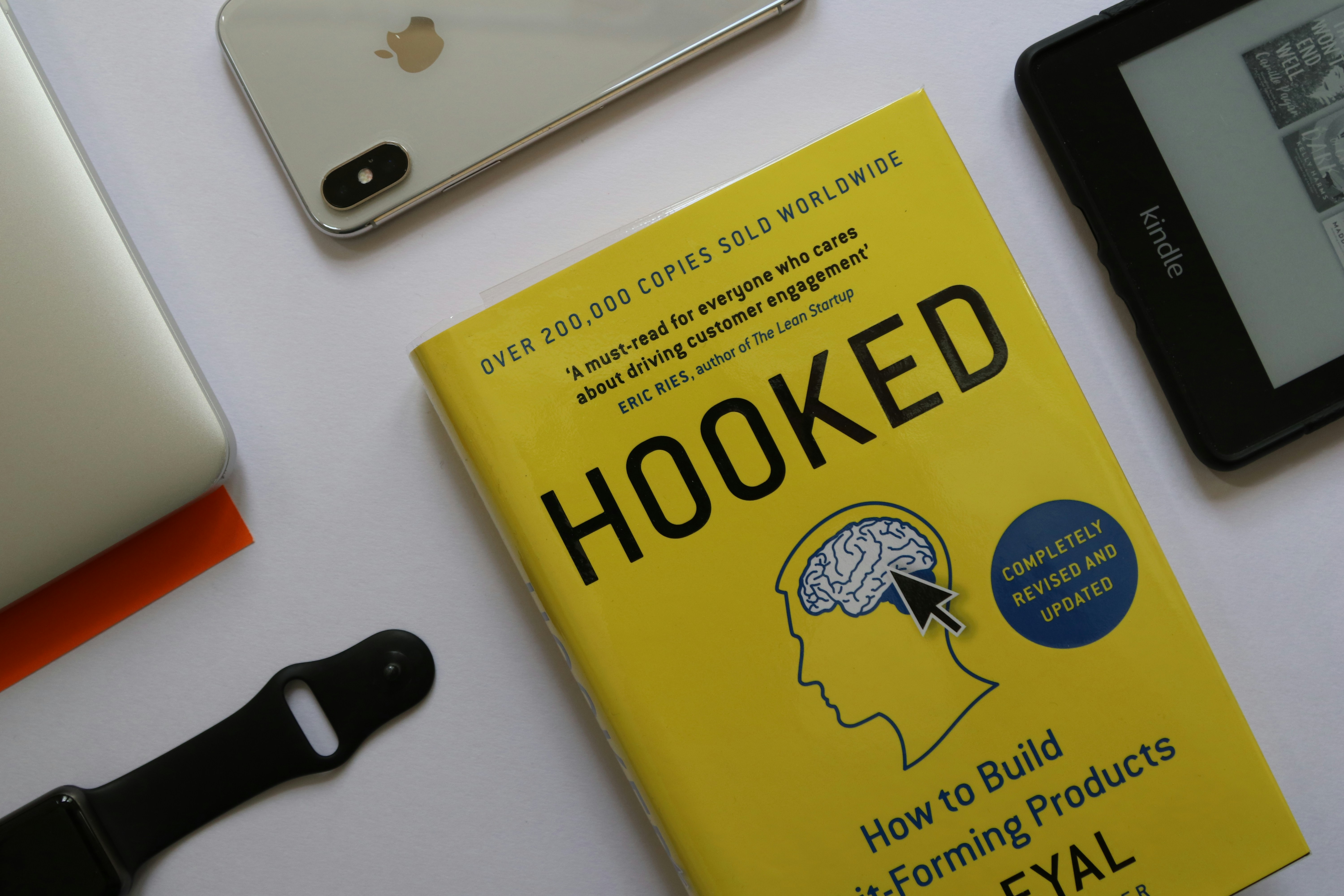Embracing the Pause Button - How Time-Outs Can Revolutionize Family Dynamics
Published on September 28, 2024
Embracing the Pause Button - How Time-Outs Can Revolutionize Family Dynamics
In our fast-paced, always-connected world, the concept of a "time-out" often carries negative connotations. We associate it with punishment, isolation, or a dreaded break from something enjoyable. But what if we could reframe the idea of a time-out as a powerful tool for fostering better communication, emotional regulation, and overall family harmony?
The Power of the Pause
Think of the last time you were in a heated argument. Emotions were running high, words were flying fast, and before you knew it, things were said that couldn't be easily taken back. Now imagine if, right at the peak of that tension, someone had pressed a giant pause button. What might have changed?
This is the essence of the "family time-out" – not a punishment, but a collective breather. It's a chance for everyone involved to step back, take a deep breath, and reset their emotional state before continuing the conversation.
Implementing Family Time-Outs
Here are some strategies for incorporating time-outs into your family dynamic:
- Establish a "time-out signal" that any family member can use when feeling overwhelmed
- Set a specific duration for the time-out (e.g., 5-10 minutes)
- Create a designated "cool-down space" in your home
- Use the time-out for individual reflection or calming activities
- Reconvene after the time-out with a fresh perspective
The Neuroscience of Taking a Break
Research has shown that taking short breaks can have significant benefits for our brain function and emotional regulation. When we're in a heightened emotional state, our prefrontal cortex – responsible for rational thinking and decision-making – becomes less active. A brief pause allows this crucial part of our brain to "come back online," enabling us to approach situations more calmly and rationally.

Time-Outs for Parents Too
It's not just kids who can benefit from time-outs. Parents, you're allowed to take a breather too! Recognizing when you need a moment to collect yourself is a sign of emotional intelligence and can prevent you from saying or doing something you might regret later.
Building Emotional Intelligence Through Pauses
Regular use of family time-outs can help all members develop greater emotional intelligence. By learning to recognize and manage their own emotions, family members can:
- Improve self-awareness
- Enhance empathy for others
- Develop better conflict resolution skills
- Foster a more positive family atmosphere
The Long-Term Impact
By embracing the power of the pause, families can create a more harmonious home environment. Children learn valuable emotional regulation skills that will serve them well into adulthood, while parents model healthy coping mechanisms.
Remember, it's not about avoiding conflicts altogether – that's impossible and even undesirable. Instead, it's about managing those conflicts in a way that strengthens relationships rather than damaging them.
Conclusion
In our hyper-connected world, taking a moment to disconnect and reset can be revolutionary. By reframing time-outs as a positive tool for family growth and communication, we open the door to more meaningful connections and healthier relationships.
So the next time tensions start to rise in your household, don't be afraid to hit that pause button. You might be surprised at how much can change in just a few moments of stillness.
If you're looking for more ways to improve family communication and strengthen relationships, check out Thinker, an AI-powered tool designed to enhance interpersonal connections and promote mental well-being.


